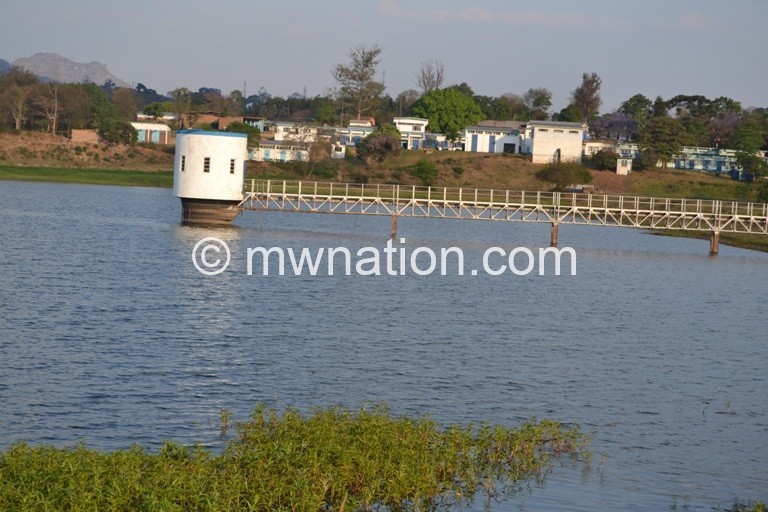Study urges review of State firms’ mandates
A study on the state of financial and operational performance of State owned enterprises (SOEs) has recommended an immediate review of their mandates for them to turn around from loss to profit-making status.
The study by a consortium of the Economics Association of Malawi (Ecama), Oxfam in Malawi and the Lilongwe University of Agriculture and Natural Resources (Luanar), with support from the European Union, found that a majority of SOEs are not posting a surplus.

Findings of the study, which examined the SOEs from 2014 and 2020 financial years, were disseminated on Thursday in Lilongwe to members of Parliament (MPs) from the Parliamentary Committee for Commissions, Statutory Corporations and State Enterprises.
It found that a majority of SOEs that are doing well are those that offer regulatory services because they receive fees from seekers of their services, while those in direct business such as trading and in need of regular asset acquisition and maintenance are struggling.
According to Luanar Agricultural and Applied Economics Department head Kennedy Machira, who undertook the study on behalf of the consortium, said due to poor performance, a majority of State firms seek financial bailouts from the government instead of them paying the State dividends.
He said: “The majority of these State firms have their mandate outdated which requires an urgent review for them to start performing well.
“If they can be given a leeway through Parliament to have their mandate reviewed, they could actually be able to expand their operational base of revenue generation and be able to stand the test of time.”
Machira said currently, there is serious political interference in the way these SOEs are operating, which is why some of the executives are failing to execute their mandate.
“Even though some of them make little profits, the proceeds are taken away by the political arms because they are controlled by a political arm somewhere,” he said.
The study also found that common challenges include the inability to collect revenue resulting in revenue undercollection, instability plan, lack of corporate governance due to conflicting roles of management and external political activities.
The issues, the study said, result in failure by government to gain dividends from the State services operations.
It recommends that State firms should be supported to have long-term modern infrastructure for progressive operations, as well as strengthening their operational autonomy through independent boards to achieve their defined objectives without political interference.
In his remarks, Parliamentary Committee for Commissions, Statutory Corporations and State Enterprises deputy chairperson Bintony Kutsaira said the study outcome is an eye-opener for the MPs to engage the government to turn around the misfortunes of the majority of non-performing State firms.
He said: “If the measures to turn around the State firms fail to materialise, then closing them down remains an option to avoid persistent draining of public resources amid a thin public resource envelope.”
In an interview, National Planning Commission director general Thomas Chataghalala Munthali agreed with the study findings, saying if nothing is done, the institution’s poor showing will be detrimental to achieving the country’s vision of becoming a middle-income economy by 2030.
He said if such trend continues, then the next option is to close them.





